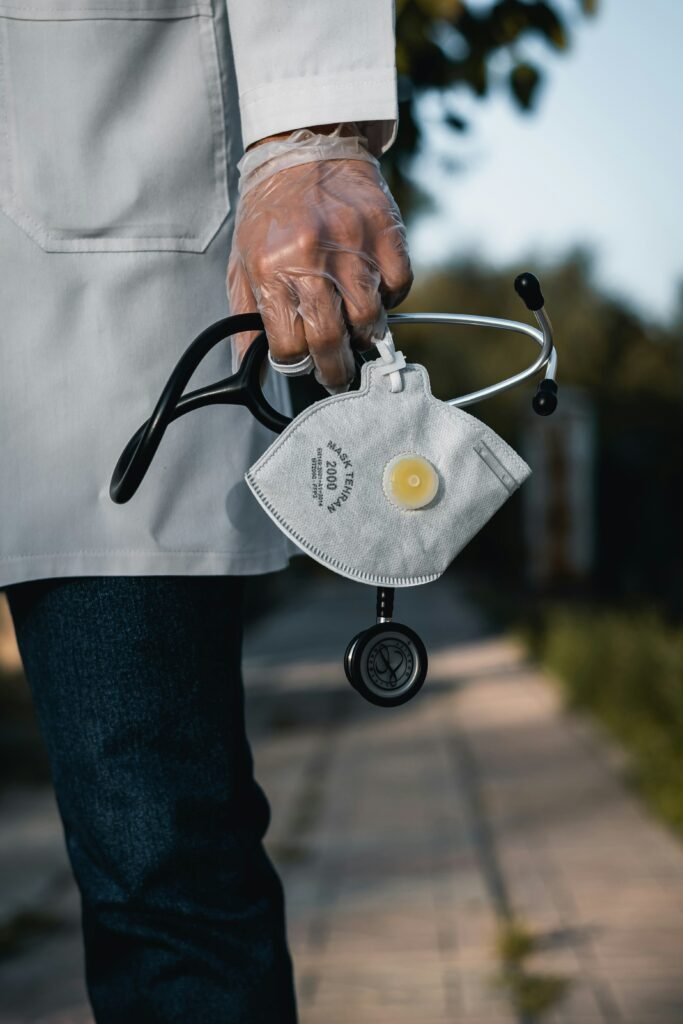
Why Reliable Health Information is Essential
Access to reliable and accurate health information is crucial for making informed decisions about one’s health and well-being. In today’s digital age, where information is abundant, distinguishing between credible sources and misinformation is more important than ever. Accurate health information empowers individuals to take control of their health, understand potential risks, and seek appropriate treatments or interventions. It can significantly impact various aspects of life, including mental health, physical well-being, and disease prevention.
Reliable health information helps individuals understand their conditions better, leading to more effective disease management and prevention. For instance, accurate data on nutrition and exercise can guide people in adopting healthier lifestyles, thereby reducing the risk of chronic diseases such as diabetes and heart disease. Furthermore, understanding mental health conditions and the available treatment options can lead to improved mental well-being and a better quality of life.
The consequences of misinformation in health can be dire. Misinformation can lead to poor health outcomes, such as delayed diagnosis, inappropriate treatments, and increased healthcare costs. For example, misinformation about vaccines has led to reduced vaccination rates, resulting in the resurgence of preventable diseases like measles. Similarly, false information about miracle cures or fad diets can lead to ineffective and sometimes harmful practices.
Trusted sources of health information, such as healthcare professionals and reputable health websites, play a vital role in providing valuable insights. Healthcare professionals offer personalized advice based on an individual’s medical history and current condition, ensuring that the information is both accurate and relevant. Reputable health websites, maintained by recognized health organizations, provide evidence-based information that is regularly updated to reflect the latest research and guidelines.
In summary, having access to reliable health information is essential for making informed decisions, enhancing overall well-being, and preventing misinformation-related health risks. By relying on credible sources, individuals can navigate the complex landscape of health information more effectively and make choices that positively impact their lives.
How to Utilize Health Information to Improve Your Life
Accessing valuable health information is the first step towards improving your life, but knowing how to utilize this information effectively is equally important. The credibility of health information sources is paramount. Verify the authenticity of the source by checking the author’s credentials, the date of publication, and the presence of peer-reviewed references. Reputable websites, academic journals, and health organizations are typically reliable sources.
Integrating health information into your daily routines can significantly enhance various aspects of life, including nutrition, exercise, mental health, and chronic disease management. For instance, credible dietary guidelines can help you make informed choices about your meals, ensuring a balanced intake of essential nutrients. Regular exercise tips from certified trainers or health experts can help you structure an effective workout regimen that boosts cardiovascular health and overall fitness.
Mental health is another critical area where reliable information can make a profound difference. Techniques such as mindfulness, cognitive-behavioral strategies, and stress management are often discussed in credible psychological resources. Implementing these practices can lead to improved emotional well-being and resilience against mental health challenges.
For individuals managing chronic diseases, utilizing accurate health information is crucial. For example, someone with diabetes might benefit from learning about the latest advancements in blood sugar monitoring or new dietary approaches to maintain glucose levels. Case studies often illustrate the success stories of individuals who have improved their health by following credible advice. For instance, a person with hypertension might share how they managed to lower their blood pressure through a combination of dietary changes and regular physical activity, guided by reliable health information.
To start implementing positive changes based on the health information you discover, create a plan that includes specific, achievable goals. Begin with small, manageable steps such as incorporating one new healthy recipe into your weekly meal plan or adding a 10-minute meditation session to your daily routine. Gradually build on these changes, and seek support from healthcare professionals or community groups if needed. By consistently applying credible health information, you can make significant strides towards a healthier, more fulfilling life.